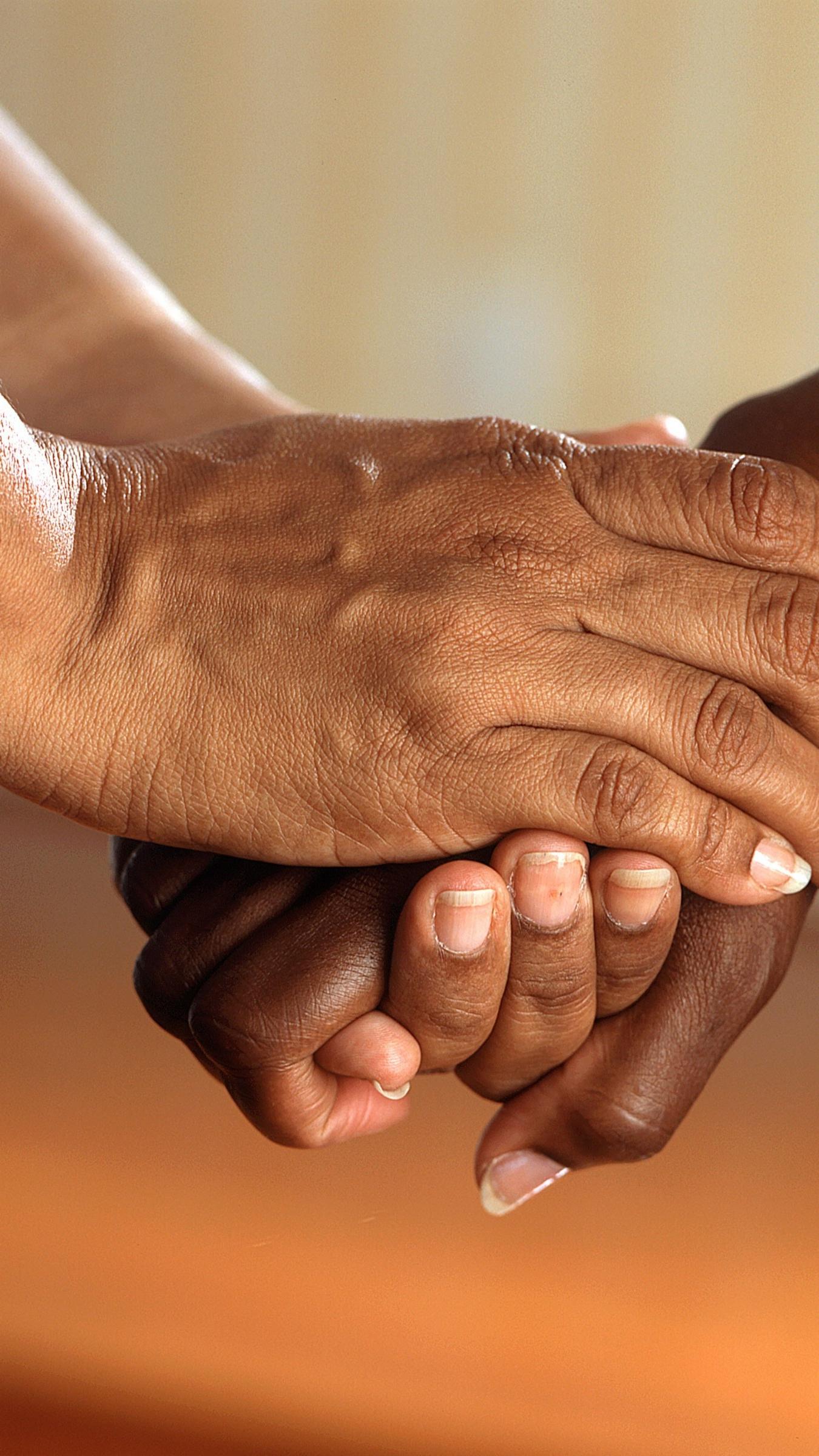One of the things I remember as a child is a saying my father impressed upon me. He said, ‘Your word is your promise’. If I say I’ll do something, then I need to stick to it. You don’t have to make an oath because Your word is your promise. When we live by a principle like that it fosters trust and goodwill.
In the section of the Sermon on the Mount which we read this Sunday, Jesus has some strong words to say about a range of human actions, from anger, adultery, divorce and swearing.
Some of these sayings may make us a bit uncomfortable, and in a way that’s intentional, because they all deal with how we engage one another – how we live well together. Take anger for instance. I don’t believe that Jesus is against expressing anger per se, because we know that he did get angry from time to time, and the classic event people often mention is the time he threw the money changers out of the Temple!
However, these words from the Sermon on the Mount are addressed to those of us who express anger in unhelpful and unhealthy ways. The issue of domestic violence is but one expression of that which urgently needs more attention in our society and which has often swept it under the table. And it’s not just the eruption of anger where we hit out in the heat of the moment, it’s also the smouldering anger that can lie under the surface and cause us to undermine relationships or keep people who have hurt us at a distance. There are times when it’s important for anger to be expressed, especially when we are being bullied or put down. Our feelings of anger can often alert us to an injustice, done to others or to ourselves and if we don’t attend to that anger it can lead to depression in various forms. It is how we express that which it is important.
In the sermon Jesus is outlining what it means for us to love God and our neighbour. Loving God and our neighbour is central to our faith, but sometimes the nitty gritty of what that looks like needs to be made clear for us. Jesus looks for integrity in us, and teaches us to treat one another with respect as belonging to God. He makes the point rather strongly when he goes on to say, ‘Love your enemies’. That’s a hard call. Sometimes it’s even hard to trust out friends let alone our enemies.
There is a challenge in all this for us; the challenge to grow in spirit and truth, not to let old hurts hold us back, but to learn to reconcile and so become reconcilers. One of the powerful symbols in our church is the peace, the symbolic, liturgical action of shaking hands that was once called ‘the kiss of peace!’ Its purpose was to nurture respect and friendship within the gathered congregation, to give expression to the reconciling love of God, and lead people out of their comfort zone to cross the floor to shake the hand of a person they were ignoring for whatever good or bad reason. It fostered a physical outward ‘practice’ that led to an inner spiritual growth.
I grew up in an era when men lifted their hats to another in greeting – that seems like a very different age now! It was a practice of showing respect and honouring the other. You might say, ‘that’s quaint and old fashioned’ and it certainly is, but again it was a behaviour that reinforced respect. I think we need to recover the place of ‘kindness’ in our lives; being kind to others, and gentle on ourselves, and consciously build respect in our dealings with others.
Peter





